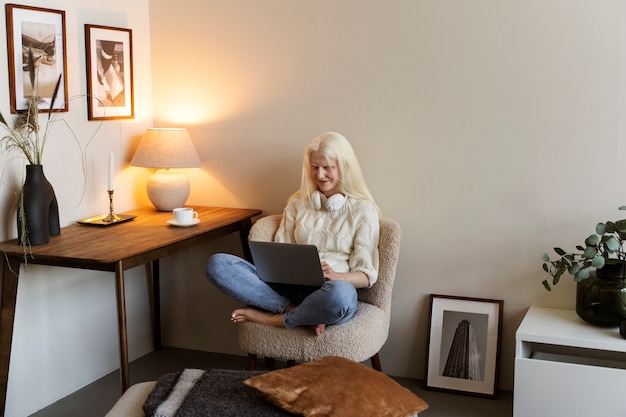
Small homes are popping up all over America and the media. Essentially, the small home movement means living in a space under 500 square feet, which is a big shift for anyone used to a 2,000 square foot home. The idea is to live simply, save money, and maybe travel more.
Small homes are appealing because they’re cheaper, easier to maintain, and can reduce stress. But living small might be more challenging than it sounds. If you’re thinking about it, here are six things to consider:
1. WHO LOVES SMALL HOMES?
Small homes mainly attract a niche audience. While many fantasize about the simplicity, they’re not practical for everyone. Many aren’t ready to part with most of their stuff, and if you have a family, the tight space can be too limiting. Plus, the confined space can feel claustrophobic. If you ever decide to sell, your buyer pool is limited, which could make it tough to sell.
2. PRIVACY MIGHT BE A CHALLENGE
Everyone needs some privacy now and then. In a small home, this can be tough to find. If you’re alone, it’s less of an issue. But sharing such a tight space can feel suffocating. Most small homes have an open layout, and the bathroom might be your only private spot. If personal space is important to you, a 200 square foot home might be too cramped.
3. SAVINGS AREN’T A GIVEN
Saving money is a big draw for small living, but it’s not guaranteed. If you can’t part with your stuff, renting storage will add costs. Lack of space to host guests might mean extra expenses for renting bigger spaces occasionally. Plus, buying land for your small home and moving it around isn’t cheap.
4. COMFORT MAY TAKE A HIT
Expect to give up some comfort and conveniences. You’ll need to get used to a minimalist lifestyle, different plumbing systems, and a lot less space. If you’re set on small living, be ready for an adjustment period. This might involve new habits and negotiating space if you’re sharing. Adapting to small living is a process that requires preparation.
5. MIGHT NOT FIT YOUR FAMILY OR LIFESTYLE
Small homes are just that—small. They are not for big families, large wardrobes, or vast book collections. If you love hosting dinner parties, the lack of space is an issue. A large family or even a partner who loves late-night TV might find a 300-square-foot home impractical. Consider how a small home will impact your lifestyle, family dynamic, hobbies, and daily routines.
6. LOCATION IS CRUCIAL
Before considering a small home, check local regulations. You might spend more time outside due to the limited indoor space, so the local climate matters. Harsh winters or frequent rain could impact your comfort. Decide on a location early in the process; it could determine whether small living works for you.
In conclusion, if you’re okay with less space and like the idea of moving your home around or living a minimalist lifestyle, a small house could be a great fit. But like any big change, think about all the possible challenges before committing. You might find that a tiny house is perfect, or you might need just a bit more space to feel at home.
Have you thought about small home living? What excites you about it?